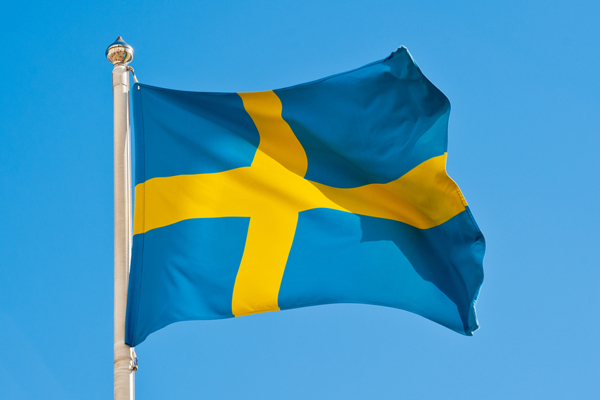The International Air Transport Association (IATA) has applauded the decision by the Swedish government to eliminate its aviation tax starting from July 1, 2025.
Critics argue that the tax was a burden on Sweden’s economic competitiveness and had failed to deliver any environmental benefits.
Economic Implications of the Tax
The aviation tax in Sweden, which ranged from SEK76-504 (£5.63-£37.35) depending on travel destinations, was regarded as an economic impediment. Rafael Schvartzman, IATA’s regional vice-president for Europe, highlighted that the tax was counterproductive, harming both the economy and environment. Its removal signals an intention to improve air connectivity, thus enhancing economic productivity and increasing tax revenues in the long term.
Schvartzman indicated that Sweden’s aviation sector recovery post-pandemic has been slower compared to its neighbours. The tax had exacerbated this situation, with route availability not recovering to 2019 levels by the end of 2023. The Swedish Government’s decision to abolish the tax reflects its commitment to restoring air travel access for citizens nationwide.
Environmental Considerations
The tax was initially introduced amidst the emergence of the ‘flight shame’ movement, which encouraged people to reduce flying to cut emissions. However, IATA emphasised that taxation does not effectively address environmental concerns in aviation.
Schvartzman asserted that the aim of achieving net-zero CO2 emissions by 2050 must not rely on discouraging air travel through pricing. Instead, the focus should be on investing in sustainable aviation fuels (SAF) and advancing technologies that support these goals. Sweden, with its robust domestic aviation sector and natural resources, is well-positioned to lead in SAF development.
Political and Social Context
Swedish Prime Minister Linda Lindberg stated that the removal of the tax would decrease travel costs and enhance airline competitiveness. The tax, aligned with the ‘flygskam’ movement, faced criticism from climate advocates when abolished.
Despite concerns from environmental activists, the announcement saw a positive market response, with Norwegian Air’s shares rising by 6.4%. This indicates investor confidence in the potential growth prospects for airlines in a post-tax scenario. The decision underscores a strategic shift from taxation to sustainable development.
Impact on Aviation Sector
The abolition is expected to be a catalyst for the aviation sector’s growth in Sweden, promising more competitive pricing for travellers and increased demand. This change is anticipated to revitalise Sweden’s aviation market, which has been trailing in recovery compared to neighbouring countries.
Investors are encouraged by the potential for greater growth, as evidenced by the market’s reaction. Restoring air travel accessibility and enhancing economic signals are crucial steps for Sweden, aiming for an attractive investment climate across the aviation industry.
Long-term Economic Benefits
Removing the aviation tax is projected to have long-term economic benefits by improving Sweden’s global connectivity. By enhancing productive economic capacity, the country could experience stronger future tax revenues.
According to IATA, the tax was a drag on economic competitiveness, and its elimination will likely foster a more investor-friendly environment. This strategic decision anticipates driving sustained aviation sector growth and broader economic advantages.
The Role of Sustainable Aviation Fuels
A key solution for aviation’s environmental challenges lies in Sustainable Aviation Fuels (SAF). Sweden is presented as having a strategic advantage in SAF production due to its resources and established aviation industry.
IATA highlights the necessity for substantial investments in SAF and technology to meet ambitious net-zero targets. Such investment would place Sweden at the forefront of sustainable aviation, providing a template for other nations to follow.
The removal of Sweden’s aviation tax marks a pivotal point in its aviation and economic strategy. By focusing on sustainable solutions rather than taxation, Sweden aims to invigorate the aviation sector while addressing environmental goals, setting a benchmark for other countries.

